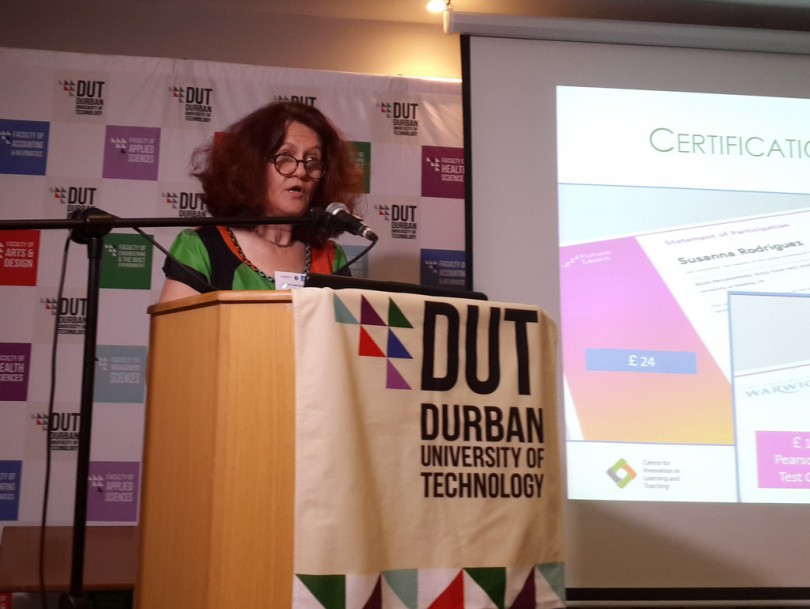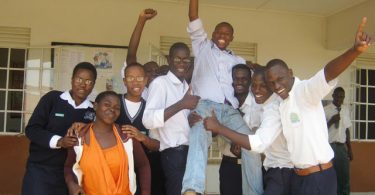Guest post by Graham Stewart, Durban University of Technology
The Durban University of Technology hosted a two-day symposium in October for 100 delegates called “Generation Open – The Promise of Open Access and Open Educational Resources“. The Symposium was timed to coincide with International Open Access Week.
The speakers and panel discussions at the Symposium reflected the twin themes of Open Access – that is, free access to research materials for both research and publication – and Open Educational Resources – learning materials that can be shared and that anyone can use without having to pay royalties or license fees.
As part of the discussion around Open Access, a session was devoted to considering Sir Tim Berners-Lee’s crowdsourcing call for a Magna Carta for the Web. The short video was played, followed by a group discussion with delegates putting forward their ideas and wishes for a statement arising from the Symposium. This statement was then sent out to delegates following the event for further comment and finally officially submitted to the Web We Want website.
Statement from the DUT Generation Open Symposium:
“We subscribe to the ideal of a Web which is a good basis for democracy and which resists balkanisation/fragmentation in the face of current concerns about surveillance. Yet we do want a Web that is safe for all: safe from intrusion, obstruction, manipulation and political interference. We expect a Web with “net neutrality” giving every user equal access to the bandwidth and ease of use available to big business and to governments. We also want an open Web which allows and promotes free expression and sharing of information and knowledge, but which protects personal privacy and curbs hate speech and child pornography. We want a Web that opens up and extends access to knowledge to the whole world population.”
The overall impact of the Symposium was expressed by one of the delegates, who said: “It has really underscored my belief that the way we engage technology is important – as is the constructive, open sharing process for developing teaching and learning.”
To learn more about DUT’s e-learning work, follow the ThinkLearnZone on Twitter @DUT_elearning




Leave a Comment